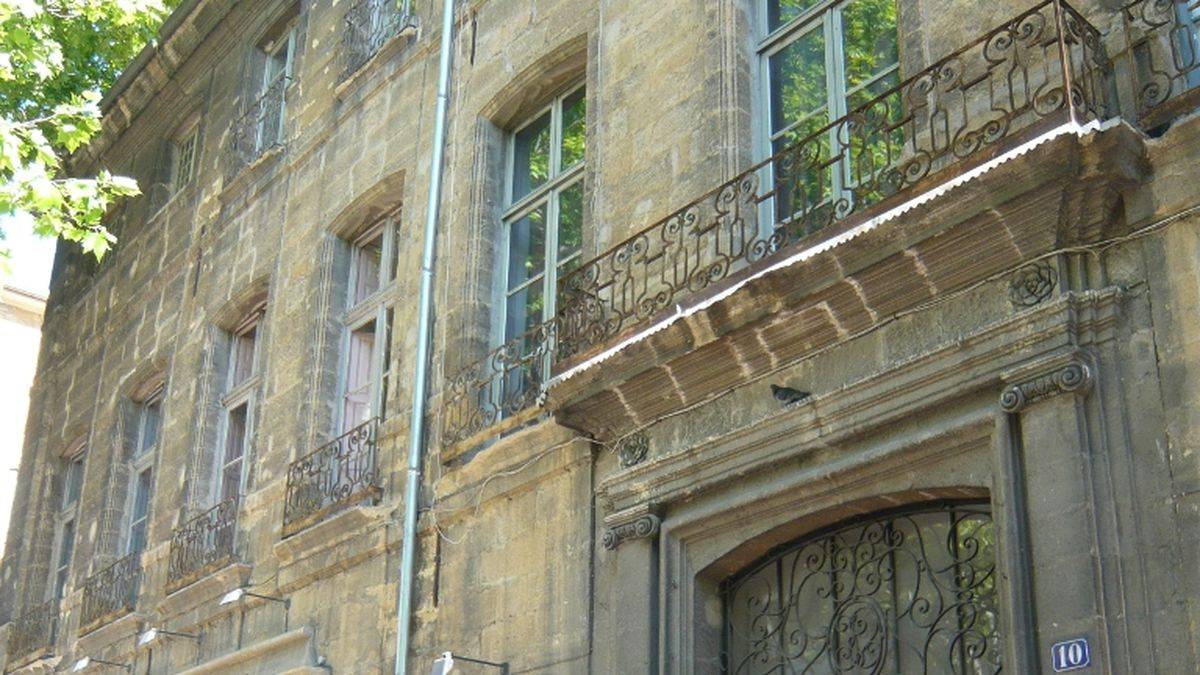A terrible tragedy in Aix-en-Provence! Jean-Baptiste de Bruni's horrible crime
 The façade | ©Dumuids / CC-BY-SA
The façade | ©Dumuids / CC-BY-SALet’s stop here, in front of number 10 of cours Mirabeau. This is the hôtel d'Isoard de Vauvenargues, also known as d’Entrecasteaux townhouse. It dates back to 1710.
Do you know a terrible news story happened here? Angélique de Castellane, marquise d’Entrecasteaux, was murdered by her husband, on May 30th 1784...
The killer president
The storm coming
The d’Entrecasteaux was a noble and old family from Provence: our story began with Jean-Baptiste de Bruni, marquis d’Entrecasteaux. President in Provence Parliament, he was 26 years old: a very respectable chap!
He had 2 kids with his young wife Angélique, and she was expecting a happy event.
Well, happy… not at all, in fact! There was trouble brewing in their marriage… they quarrelled all the time…
In fact, the marquis fell in love with his pretty neighbour, madam de Saint-Simon. He decided to live with her: he had to get rid of his wife. Easier said than done, apparently!
The drama
One day, the poor Angélique strangely fell in the staircase of her luxurious cityhouse: she fell… on cherries’ pits!
Many times, her husband served her a drink, but it was… too bitter, so she let it aside. Infuriated by all those failed attempts, the marquis did something radical: he cut his wife’s throat!
And immediately after, the coward ran away in Italy, then in Portugal. Phew? No, because he was arrested! But the Portugal didn’t want to extradite the prisoner. Too bad! Entrecasteaux was judged in absentia, condemned to the wheel torture then burnt… in Aix!
An execution in effigy!
Condemned in Aix? But our murdered rot in a jail in Portugal! Yes he did, that’s why we call it execution ″in absentia″.
Since the Middle Ages, it took place when a prisoner could not be judged, because the country where he was didn't want to extradite him, or because he was dead.
A symbolic execution, if you want! They burnt or hung the effigy of the culprit, often represented by a wooden dummy. Strange, I know…
Meanwhile, the ″real″ Entrecasteaux died in his jail in Portugal, of cold and starvation, few days after his ″execution″ in France...
